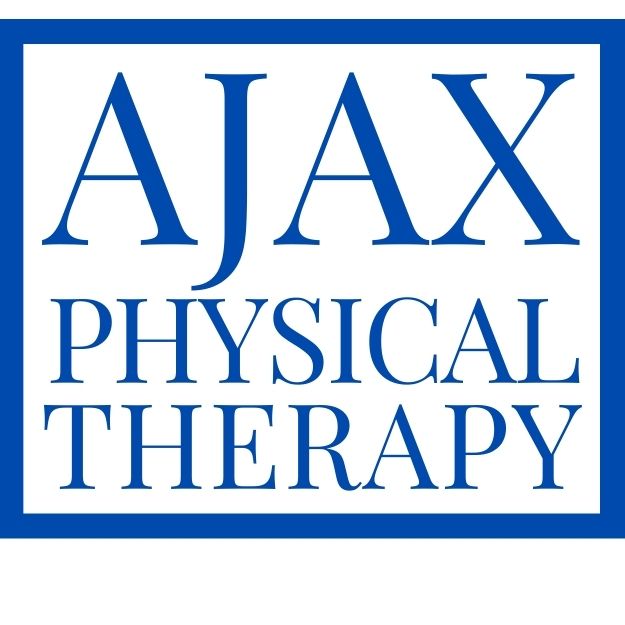I get questions like this all the time: Where should I go on a travel PT assignment? How do I find a good travel PT assignment? Is working in this particular health care setting the best I can do?
 The answer: I don’t know what is best for you!!!! These are personal decisions that rely on the balance of many different factors. The right assignment for you may be very different than what somebody else wants. To be successful in travel therapy, you need to be flexible where you can, but you also need to know what is important to you and pursue it. I’d like to explore a few of the factors that will play into you choosing the assignment that is (hopefully) the best one for you.
The answer: I don’t know what is best for you!!!! These are personal decisions that rely on the balance of many different factors. The right assignment for you may be very different than what somebody else wants. To be successful in travel therapy, you need to be flexible where you can, but you also need to know what is important to you and pursue it. I’d like to explore a few of the factors that will play into you choosing the assignment that is (hopefully) the best one for you.
Location
Location has ALWAYS been my top priority traveling. Where you should go as a traveling therapist is a very personal decision. For instance, in the winter, I want to be where it is cold, snowing, and I can ski. I recognize that many other people want to be somewhere warm in the winter instead – our wants and preferences will vary wildly. If you have a very specific city or town in mind to travel to, you might need to be much more flexible in other details of your job search. If you don’t have any specific places in mind at all when you start to travel then you already have some good flexibility to your options.
If you’re unsure where to go I recommend thinking about the types of things you would like to have around you when you arrive at your assignment:
- Coast, Mountains, or Open Spaces
- Hot or Cold
- Rural or Urban
If you can easily pick a favorite in each of those categories, you are well on your way to finding a location that will make you happy. Some logistical issues that may help you further narrow down where to look for a job are the speed of a certain state for getting a license (perhaps fastest through the PT compact) and availability of travel jobs in a given area – your recruiter can help guide you in either of these criteria.
Traveling as a couple, my wife and I typically picked a city we wanted to live in and would give our recruiters an amount of time we were willing to commute to find two jobs within a reasonable radius of our homebase. More often than not a community hospital or home care agency would have two travel PT jobs available at the same time, but that’s something that can be very dependent on the region.
Clinical Setting
This is another very personal decision, but the more flexible you can be on setting, the better chances you’ll have of checking the boxes on all of your other priorities…. but is there such thing as being too flexible?
So often, I talk to new grads who have leapt straight into traveling. Many of these new grads are looking for outpatient jobs, but often told that SNF jobs are their only option. If you have no experience as a therapist, then you have very little bargaining power to explore anything but the options that are first presented to you. So, I advocate for two things – get at least a little experience before you travel and put up a bit of fight before accepting a setting you absolutely do not want to work in – hold out, be patient, and be flexible about where you might travel to to get a setting you desire.
On the other hand, one of the things I love most about traveling is the variety of practice settings I have been exposed to. There is so much in PT that I never would have experienced if I hadn’t gone into travel. There is a balance to be reached between pursuing the setting you want and being open to other settings that you are willing to work in. Yes, please strive to be in the setting you most want to be in, but also work to acquire the experience and expertise you need to pursue those jobs. Also, be open to accepting jobs in other settings that might expand your clinical experience and allow you to grow with more diverse clinical skills.
 Pay
Pay
Last, and least, pay. Yes, you can make lots of money in traveling therapy. But if you go into traveling for only the pay, you won’t last very long. I’m not saying to cast aside all thoughts of pay. It is very important that you are paid well for being highly educated and having the flexibility in your life to pick up and move for work. If two otherwise equal options present themselves, by all means, take the one that pays more! But don’t set pay ahead of all other factors, I believe you’ll eventually come to regret chasing the money in the absence of person and professional satisfaction.
You have to find that balance between your pay and the other factors that can make or break an assignment. If you’re not happy, you won’t last long in travel – the best travelers go into traveling therapy to live a better life. If you are doing it only to pay off loans or make as much of you can, you will burn out quickly and head back to a settled life in order to gain satisfaction in other life-areas you have neglected.
Finding both happiness and success in traveling requires a balance of several factors. Sit down, write down your priorities, and figure out where you are willing to be more flexible. Finding the balance that uniquely suits you is what will help you succeed, find joy in your work, and allow you to continue traveling.



 I find myself coming back to the topic of licensure a couple times every year. Licensure is the great challenge and barrier to a much more free travel life. If licensure was centralized in one place, we could go where ever we wanted, when ever we wanted. Nurses have co-ops between states that allow transfer of licenses across state lines in particular states, but PTs are at the mercy of each individual state’s licensure office to grant access into the state in a timely manner. There are plans in the works to improve reciprocity between states, but it will be several years before we see any of these changes.
I find myself coming back to the topic of licensure a couple times every year. Licensure is the great challenge and barrier to a much more free travel life. If licensure was centralized in one place, we could go where ever we wanted, when ever we wanted. Nurses have co-ops between states that allow transfer of licenses across state lines in particular states, but PTs are at the mercy of each individual state’s licensure office to grant access into the state in a timely manner. There are plans in the works to improve reciprocity between states, but it will be several years before we see any of these changes.
 I’ve been getting the same type of question from new traveling Physical Therapists a lot lately…. so let’s hash it out in public. The question goes something like this: “I want to travel, I know where I want to go, but where do I start?”
I’ve been getting the same type of question from new traveling Physical Therapists a lot lately…. so let’s hash it out in public. The question goes something like this: “I want to travel, I know where I want to go, but where do I start?”


